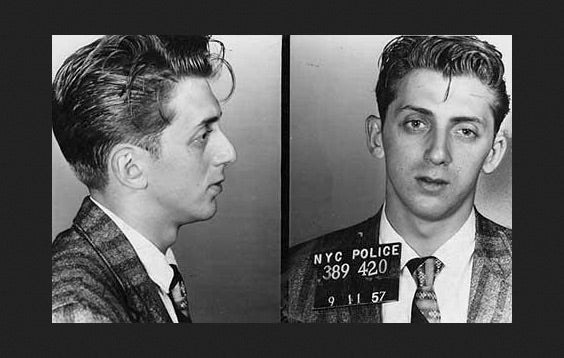
With controversies around policing and law enforcement roiling the nation, we’ve got a notorious 20th-century story on the mind: that of America’s longest-running jailhouse lawyer, anti-hero Jerome Rosenberg, known to his fellow prisoners as “Jerry the Jew.”
A kid with a long rap sheet at 24, Rosenberg was sentenced to death for, among other things, shooting and killing two cops. Just days before his execution, his sentence was commuted to life in prison.
As some prisoners do when seeking alternatives to their sentences, he began studying the law — and how! Over the years, Rosenberg amassed three law degrees, offered legal counsel to inmates during the bloody Attica Uprising in 1971. He also racked up a slate of “firsts,” including first to argue a case in New York courts without being a member of the bar AND first jailhouse lawyer to represent a non-inmate. He was even offered a job with a NYC law firm, if ever released.
But he wasn’t. For all the fellow cons he claimed to have helped free, Rosenberg never got his own sentence revised: He died in jail in 2011 after serving 46 years. What did it take for a man initially sentenced to death to take up the law? In Rosenberg’s own words: “If I can beat the chair, I can do anything.”
JTA has documented Jewish history in real-time for over a century. Keep our journalism strong by joining us in supporting independent, award-winning reporting.





